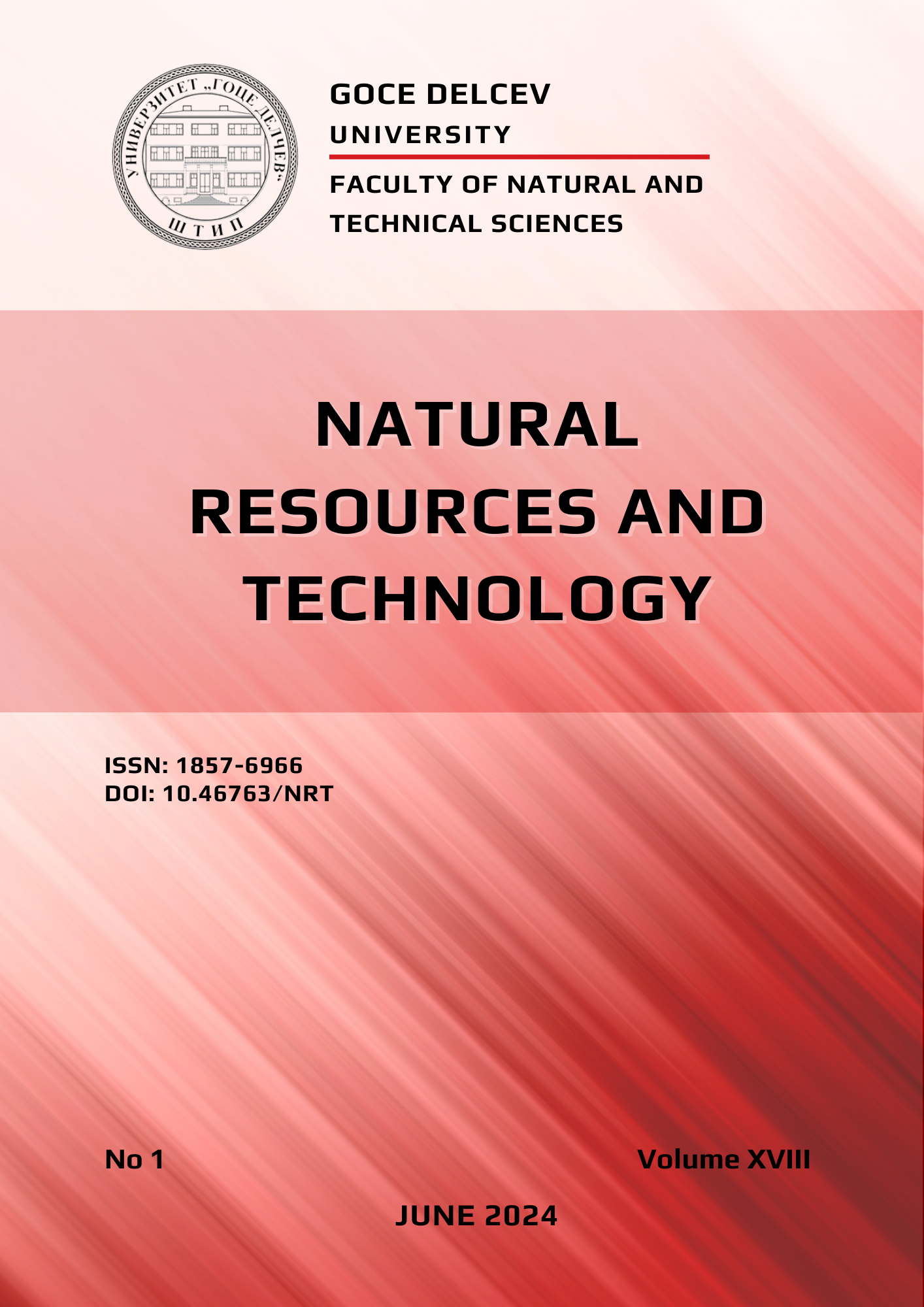GHG EMISSIONS FROM MUNICIPAL SOLID WASTE IN NORTH MACEDONIA
DOI:
https://doi.org/10.46763/NRT24181015zKeywords:
Greenhouse gas emissions, Methane, Carbon dioxide, Planning region, MSWAbstract
Emissions of greenhouse gases (GHG) from municipal solid waste (MSW) in North Macedonia are a serious issue for the environment and major efforts are needed to mitigate climate change. In order to determine the current situation with the GHG emissions in North Macedonia, several calculations were made and results and proposals for reduction of GHG emissions, related with waste, are presented in this paper.
Municipal solid waste (MSW) management, primarily through landfilling, is a major contributor to GHG emissions in North Macedonia. The anaerobic decomposition of organic waste in landfills generates methane (CH4), a strong greenhouse gas with a high global warming potential, even 25 times more than carbon dioxide (CO2). Furthermore, open waste burning and inadequate waste management techniques lead to the release of CO2, nitrous oxide (N2O) and other pollutants.
Despite efforts to mitigate GHG emissions from waste, challenges persist due to inadequate waste management infrastructure, limited waste reduction and recycling initiatives, and failure to implement regulatory frameworks. These challenges exacerbate the environmental impacts of waste management and hinder progress towards sustainable development goals.
To tackle GHG emissions from waste in North Macedonia, a comprehensive approach is required that includes legislative interventions, technological advances, and public engagement techniques. Improving waste management infrastructure, promoting waste reduction and recycling, investing in waste-derived renewable energy, and enhancing regulatory enforcement are among the key recommendations.

.png)

